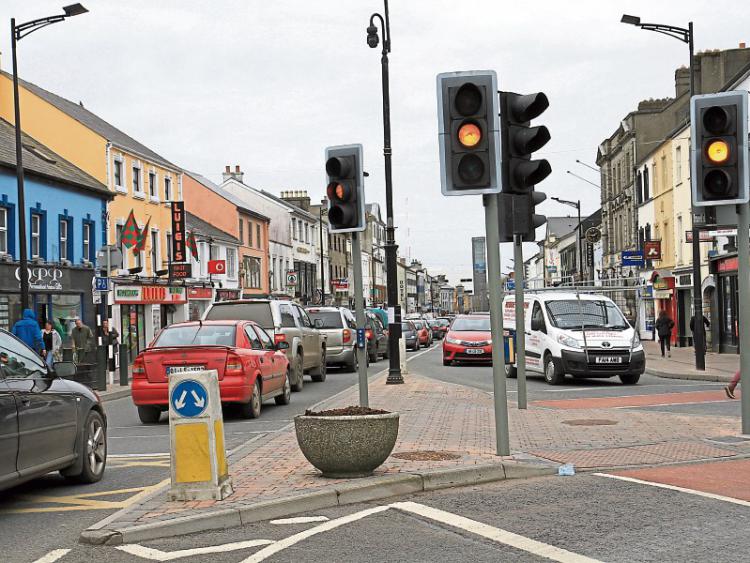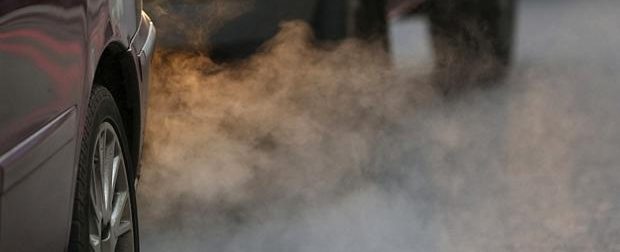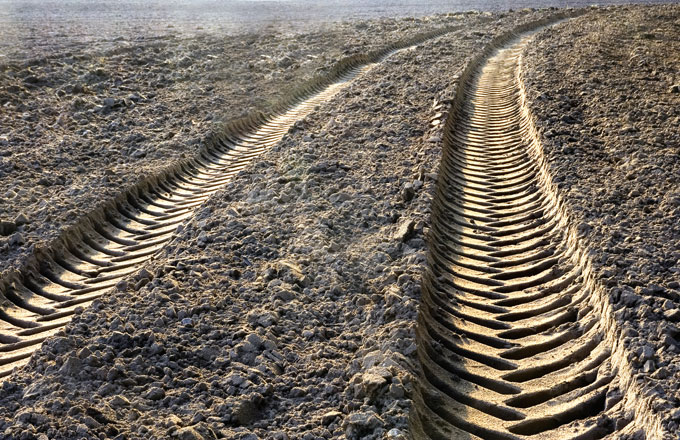Solid fuel burning, explained

3 March 2021
Maybe you missed it, but late last month the Department of the Environment launched a public consultation on solid fuels.
As it stands, burning smoky coal is banned in cities and towns with populations of over 10,000 across the country, and the Programme for Government committed to enacting a nationwide ban on the fuel altogether.
At the time of the consultation’s launch, Minister Eamon Ryan emphasized the importance of clean air for the nation’s health, which got us to thinking: what exactly are the health implications of burning solid fuels?
We called up Dr. Colm Byrne to find out. He’s been researching the link between air pollution and stroke and was the lead author on a paper published last August which found that high levels of air pollution in winter is linked to increased stroke hospitalisations in Dublin.
Want to find out more about his work? Follow him on Twitter here.
Alright, we know burning solid fuels is bad for the environment – but what happens to our bodies when we do it?
Short answer – a lot.
When we burn solid fuels, they produce something called particulate matter. These are tiny particles that are suspended in the air, and their primary sources are from solid fuel burning and traffic.
When we breathe in these particles, they end up in both our upper and lower airways, which can wreak havoc in all sorts of ways.
Bigger particles hang around our lungs and actually get trapped there, leading to inflammation and the exacerbation of respiratory conditions like asthma.
And that inflammation can spill over into your whole body, leading to things like heart attacks, strokes and heart arrhythmias and the triggering of dementia and Parkinson’s disease, according to Dr. Byrne.
There’s also the chance that particulate matter crosses over into your blood and causes direct damage to some of your organs. These particles can cause brain inflammation or directly affect plaque in your blood vessels which could cause a heart attack. They can also heighten your blood pressure.
It can increase your cholesterol levels and your risk of diabetes, too.
“It’s similar to smoking,” Dr. Byrne told us.
“In London they’ve estimated that breathing the air is the equivalent of having a cigarette every day.
That level is enough to cause inflammation in your body,” he said.
Yikes. So is there any fuel that’s particularly worse than the others, or are they all equally bad?
Smoky coal is particularly bad for your health when it comes to solid fuels. It produces metal-based particles that can be quite damaging to your lungs.
Wet wood that has a moisture content above 20 per cent also produces a lot of particulate matter because it doesn’t burn as efficiently to reduce its production as dried wood.
Then we’ve got peat, which also produces particulate matter when burned. Bord na Móna did announce earlier this year that they ended their peat extraction, but turf cutting could still go on outside of Bord na Móna-owned land.
“This consultation says they’re not going to try and stop people from cutting turf, so I think we need to educate people about the harmful effects of turf burning on their health and their neighbours’ health,” Dr. Byrne said.
And we actually come into solid-fuel-produce particulate matter in two ways: through our chimneys and our own living spaces.
If you have an open fire or an open stove, smoke comes out into the room and you end up breathing in particulate matter.
A study from Trinity College Dublin found an association with open fires in the home and a dementia diagnosis, and concluded that sitting around a coal-fuelled open fire is the same amount of particulate matter exposure you would experience standing beside a busy road.
So if we do ban solid fuel burning, how quickly would we see the health outcomes?
You could see them immediately, according to Dr. Byrne.
His research has shown that the risk of stroke when you’re exposed to air pollution increases over the two days that follow.
“So we could start seeing benefits tomorrow if people stop burning fuel today,” he said.
And there’s also a social justice element to this.
Dr. Byrne says it’s important for the Government to ban the burning of solid fuel in a way that would enable people to move away from the practice itself, and stressed that the consequences of air pollution are more prevalent in lower socio-economic groups.
This is because people in lower-earning positions experience stress related to poverty and care, which causes inflammation in the body that is then compounded by exposure to air pollution.
You have in effect a “double hit”, he said.
So addressing the issue of particulate matter pollution is a social justice action in it of itself, according to Dr. Byrne.
[x_author title=”About the Author”]







